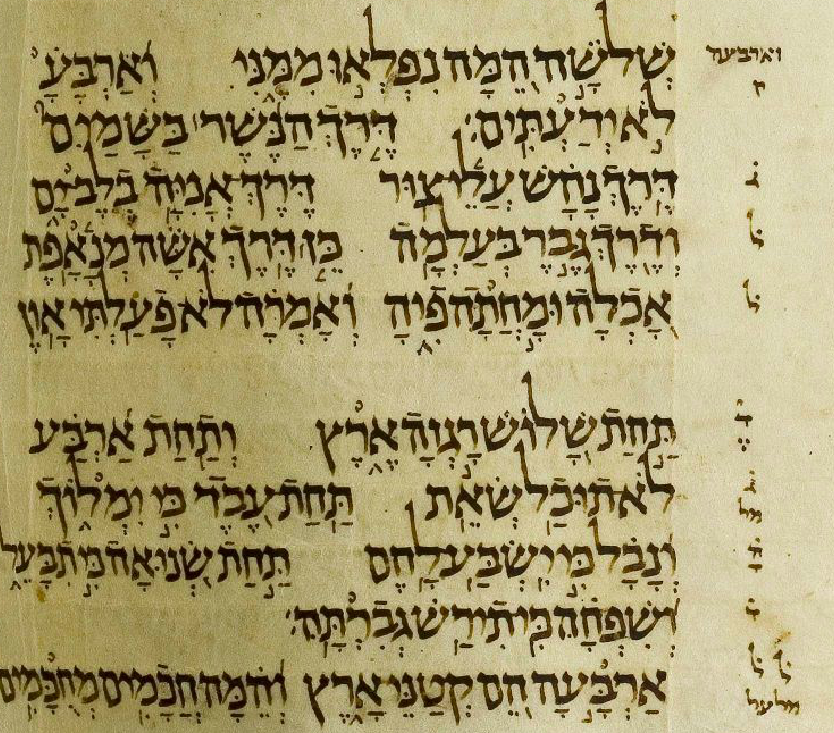DOWNLOAD:
For Ashkenazim, the cantillation of these three books can look alien – a trōp system that doesn’t seem to follow what a trōp system should. Some Mizraḥi groups, like the Syrians of Aleppo, have preserved a system to chant the EMe”T books. But these systems use distinctly Mizraḥi terminology for many of the te’amim, and their musical forms often make use of quarter tones and other distinctions that can be confusing to the Ashkenazi ear, more acquainted with the European 12-tone musical tradition than the modal maqāmāt of the Islamic world.
These three systems were developed as a cantillation system for the EMe”T books in an Ashkenazi style, meant to be more accessible for Ashkenazim than the Syrian systems. Some of the cantillation marks’ names were changed to make them sound more “Ashkenaz-ish” (for instance, the form ֗א֝א was renamed from “geresh mukdam” to “r’vi’i v’azla” as a parallel for the Ashkenazi 21-book form “kadma v’azla”). The tonality, though using distinctly modal sounds as does much Ashkenazi trōp, sticks to a 12-tone system, avoiding the quarter-tones and modal cadences unconventional to the European musical ear.
Because the EMe”T books are so distinct in meaning, three systems were developed for the three different books. Psalms, which plays a disproportionate role in our liturgy, is in a major key, paralleling the major key of Torah readings throughout Ashkenaz while adding a more celebratory tone befitting Psalms. Proverbs, a book of guidance and advice, is brief and minor, but not alienating, meant to be accessible and giving an air of understanding. And Job, which one could easily claim to be the most discomforting book of the entire Bible, is a lament, slow and mournful, going the furthest from standard tonality through half-tone distinctions, and incorporating melodic content from the High Holy Days (a time often associated with Job in days of old as well as today).
These systems could be used during public readings (perhaps of the creator’s calendrical systems for weekly or yearly psalms), or just used in personal study as a way to gain greater access to the grammatical nuances and complexities of these amazing books.
Recordings
Example (Job chapter 7):
Page 1:
Page 2:
Page 3:
Page 4:
Page 5:
Page 6:
Page 7:
Page 8:

“An Ashkenazi-style Cantillation System for Job, by Isaac Gantwerk Mayer” is shared through the Open Siddur Project with a Creative Commons Attribution-ShareAlike 4.0 International copyleft license.










Leave a Reply